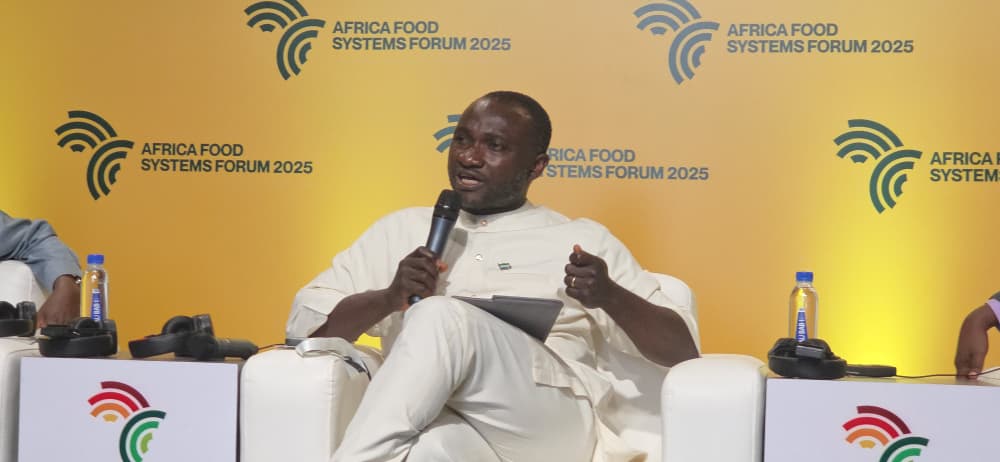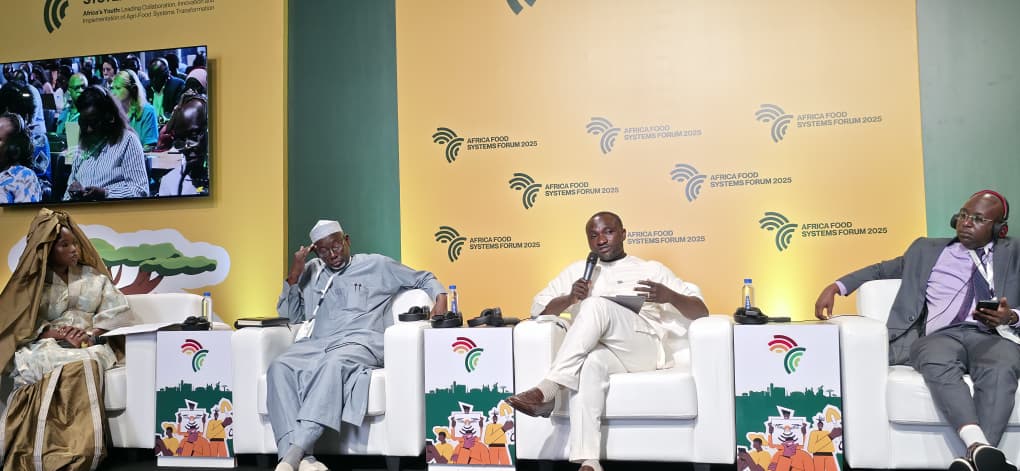Sierra Leone From Pledges to Plates: Sierra Leone Showcases Progress at #AFSF2025
At the African Development Bank’s high-level event From Pledges to Plates during the Africa Food Systems Forum 2025 (#AFSF2025) in Dakar, Sierra Leone took center stage as Minister Henry Kpaka joined counterparts from Senegal, Burundi, and Rwanda to reflect on progress since the landmark Dakar 2 summit.
Representing the Government of Sierra Leone, Minister Kpaka delivered a powerful update on how President Julius Maada Bio’s flagship Feed Salone programme is turning bold commitments into tangible results.

His remarks highlighted a growing wave of transformation across the country’s agricultural landscape:
Translating Vision into Action
- Rice self-sufficiency is rising, with strategic investments in local production reducing dependence on imports.
- Livestock and cassava industrialisation are gaining momentum, unlocking new value chains and market opportunities.
- Finance and irrigation infrastructure are being scaled up, laying the groundwork for sustainable, climate-resilient farming.
Building Resilience, Empowering Communities
Minister Kpaka emphasized that Sierra Leone is not merely mobilising pledges—it is materialising them into real projects that uplift lives. From rural cooperatives to agribusiness hubs, the Feed Salone initiative is: - Creating dignified employment for youth and women
- Strengthening food sovereignty
- Enhancing economic resilience in the face of global shocks
d A Model for Inclusive Growth
Sierra Leone’s approach stands as a model for how African nations can move from policy to practice. By aligning national priorities with community needs, the country is demonstrating that food systems reform can be both inclusive and impactful.
As #AFSF2025 continues to spotlight innovation and collaboration across the continent, Sierra Leone’s story is a testament to what’s possible when leadership, investment, and local ingenuity converge.

